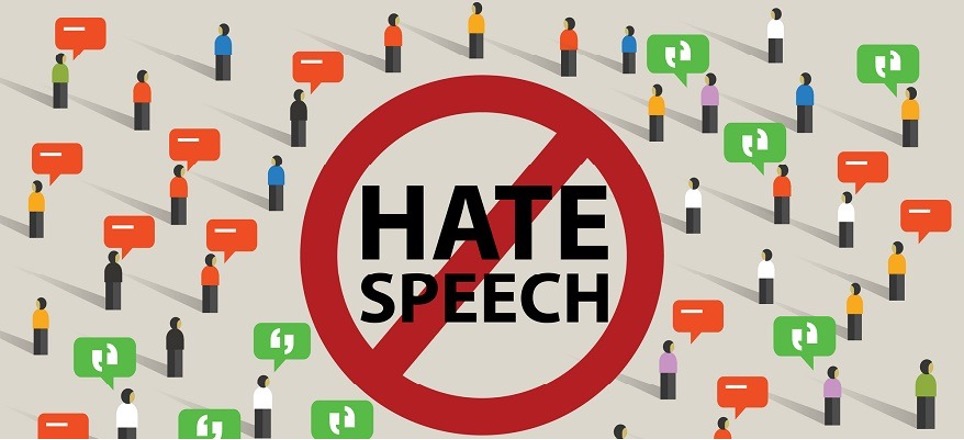Zemmour v. France, No. 63539/2019 ECtHR (Fifth Section), 20 December 2022

In a recent judgment, the European Court of Human Rights dealt with the criminal conviction of a journalist for inciting discrimination and religious hatred, in relation to some statements that the defendant had made against the French Muslim community during a television program.
The Court rejected the preliminary objection that the French Government had formulated pursuant to article 17 of the Convention (prohibition of abuse of rights). It nevertheless used that provision as an interpretative aid to assessing whether the limitation denounced by the appellant was to be considered necessary in a democratic society under article 10.
Like the domestic judges, the Court underlined that the applicant's statements contained derogatory and discriminatory expressions such as to cause a rift between the French and the Muslim community. Therefore, the French authorities were recognized with a wide margin of appreciation.
Furthermore, the Court observed that the statements had been made during a live television broadcast in prime time. In addition, although the applicant was speaking in the quality of the author, he should not have considered himself exempt “from the duties and responsibilities” attached to the journalistic profession. The Court underscored that the applicant’s remarks had not been limited to a mere criticism of Islam. Rather, under the pretext of the jihadist terrorist threat afflicting the country, the statements had pursued a discriminatory aim, aimed at inviting the audience to refuse and exclude the Muslim community.
As a result, the Court concluded that the grounds on which the French judges had sentenced the appellant to a pecuniary – by the way not excessive – fine had been sufficient and pertinent. The Court held that the limitation of the applicant's right to freedom of expression was necessary for a democratic society to protect the rights of others, who had been exposed to a significant offense. Thus, there had been no violation of Article 10 of the Convention.
(Comment by Andrea Cesarini)

